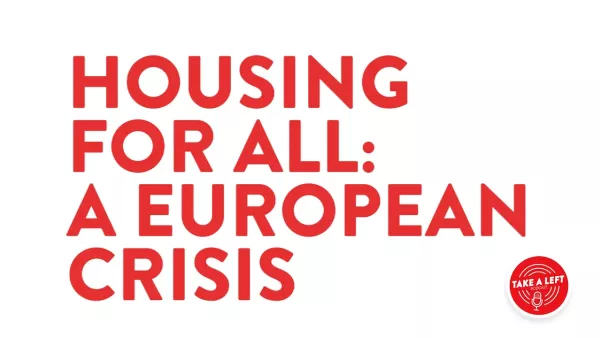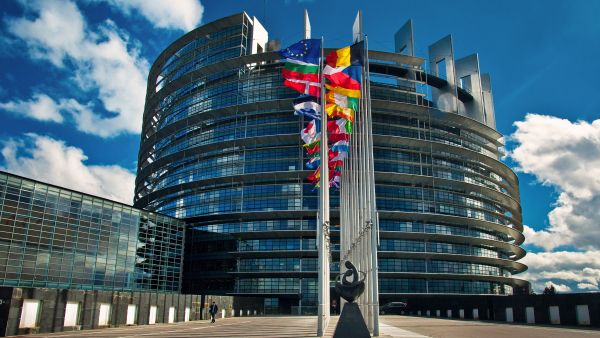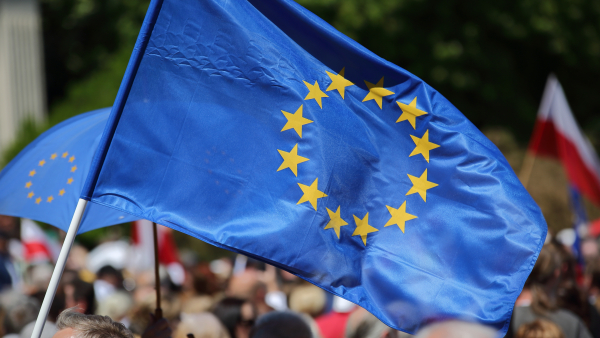Ahead of today’s Eurogroup and tomorrow’s Ecofin meeting, where ministers are set to discuss the fiscal response to the Covid-19 pandemic, the Socialists and Democrats in the European Parliament firstly reiterated their call for keeping the general escape clause active, at least until a return to pre-crisis macroeconomic levels. Secondly, the S&Ds insist on using the Recovery and Resilience Facility to advance the green and digital transitions, generating social progress for all. Thirdly, we call on EU ministers to use this moment of opportunity to adapt the EU’s fiscal architecture to new realities. Today’s publication of the draft report on the reform of the macroeconomic governance framework, authored by S&D MEP Margarida Marques, is a contribution to the debate on the future of the Stability and Growth Pact.
Biljana Borzan, S&D MEP and vice-president for an economy that works for all, said:
“Since the beginning of the Covid-19 pandemic, EU governments managed to co-ordinate their budgetary response to keep the economy afloat. We must continue to work closely together as we increasingly focus on growth-enhancing measures and support for sectors hit especially hard, like tourism. As ministers discuss the national plans within the €672,500 million Recovery and Resilience Facility, we remind them that the national recovery plans need a strong social dimension to alleviate the social emergency created by the Covid-19 crisis. As the most important investment programme for the coming years, the RRF offers us a unique chance to advance the green economy and digitisation without leaving anyone behind – let’s seize this opportunity.”
Jonás Fernández, S&D MEP and spokesperson for economic and monetary affairs, said:
“We call on EU finance ministers to follow Commissioner Gentiloni’s recommendation to keep the general escape clause active. With the pandemic destroying lives and livelihoods, we are still very much in the ‘whatever-it-takes' phase. The EU, the ECB and governments undertook an epochal effort to prevent households, companies and the economy at large from collapsing. We must not risk everything we have achieved together by now falling into the trap of the budget hawks, calling for a hasty and reckless application of the EU’s stringent fiscal rules. Until Europe has returned to pre-crisis macro-economic levels, we must not even consider tightening the monetary and fiscal rules. Efforts must now be put into the adaptation of the current fiscal rules, which the Covid-19 crisis has made obsolete.”
Margarida Marques, S&D MEP and author of a parliamentary report on reforming the macroeconomic framework, said:
“A window of opportunity has opened to adapt the EU’s fiscal architecture to the demands of the future. Since the Maastricht criteria were defined, the world has changed dramatically. In the last decade, debt and deficit rules became objectives and not instruments. Not least, the Covid-19 crisis demonstrates the need for a revamped fiscal framework to promote growth, cyclical stabilisation and to protect social and sustainable investments. We need well-defined, transparent, simple, flexible and enforceable rules embedded in a credible and democratic framework. Let us revise the fiscal rules before we reactivate them. With my report I want to contribute to building a shared vision within the European Parliament of the EU’s future economic governance framework.”
Note to the editor:
The Euro and EU finance and economic minister meetings follow-up on the Commission recommendation of 8 March. A formal decision by EU finance ministers on extending the general escape clause is expected for May or June. You can find the Parliament draft report on the reform of the macroeconomic governance framework here. Its approval by the full plenary of the European Parliament is scheduled for July.













